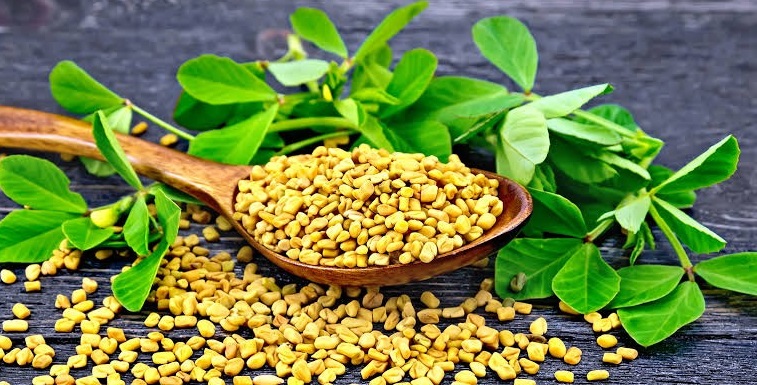When it comes to herbal remedies, the insulin plant has been gaining significant attention for its potential uses and health benefits. Scientifically known as Costus igneus, this medicinal plant is native to Southeast Asia and is often referred to as insulin plant due to its purported ability to regulate blood sugar levels. In this article, we will explore the various uses and potential benefits of the insulin plant.
1. Regulates Blood Sugar Levels
One of the most noteworthy uses of the insulin plant is its potential to regulate blood sugar levels. Traditional medicinal practices and anecdotal evidence suggest that consuming insulin plant leaves or extracts may help in managing diabetes. This is owing to the presence of certain compounds with anti-diabetic properties that can mimic insulin and promote glucose uptake by the cells.
A study published in the Journal of Ayurveda and Integrative Medicine found that diabetic rats treated with insulin plant extract experienced a significant decrease in blood glucose levels, comparable to the effects of standard antidiabetic drugs. Although further research is needed to establish its efficacy in humans, the insulin plant shows promising potential in the regulation of blood sugar levels.
2. Anti-Inflammatory Properties
Besides its potential glucose-lowering effects, the insulin plant also exhibits anti-inflammatory properties. Inflammation is a natural response by the body to protect against injury and infection, but chronic inflammation can contribute to various health issues, including heart disease, arthritis, and even cancer.
A study published in the Journal of Pharmacognosy and Phytochemistry suggests that insulin plant extracts possess anti-inflammatory activity, which may help alleviate symptoms of inflammatory conditions. The plant’s active compounds can inhibit the release of pro-inflammatory molecules and reduce the activity of specific enzymes involved in the inflammatory process.
3. Analgesic and Anti-oxidant Effects
Research suggests that the insulin plant also possesses analgesic properties, making it potentially beneficial for individuals suffering from pain. Topical application of insulin plant leaf extracts may provide relief from body aches, joint pain, and even headaches. However, it is vital to consult a healthcare professional before using it as an alternative to conventional pain medications.
Furthermore, insulin plant compounds exhibit antioxidant activity. Oxidative stress caused by an imbalance between antioxidants and harmful free radicals can lead to several chronic diseases. Antioxidants help neutralize these free radicals and protect the body from cellular damage. Incorporating insulin plant extract into your diet may contribute to overall well-being and reduce the risk of oxidative stress-related diseases.
4. Digestive Aid
The insulin plant has been utilized in traditional medicine to alleviate various digestive issues. It is believed that the plant’s anti-inflammatory and antioxidant properties help soothe the digestive system and promote healthy digestion. Some individuals use insulin plant extracts to relieve conditions such as indigestion, bloating, and stomach pain.
In Conclusion
The insulin plant, also known as Costus igneus, exhibits numerous potential uses and health benefits. While scientific research on its effectiveness is still limited, traditional practices and anecdotal evidence suggest its positive effects on blood sugar regulation, inflammation, pain relief, and digestion. If you are considering incorporating the insulin plant into your healthcare routine, it is advisable to consult with a medical professional to ensure it aligns with your specific health needs and any ongoing treatments. Remember, herbal remedies should always complement conventional medical approaches rather than replace them.

